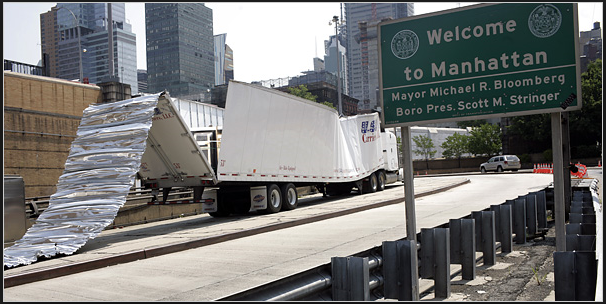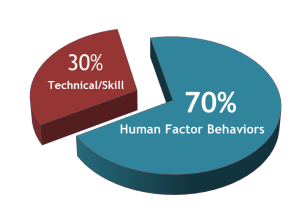
The Costs of Trucking Accidents
Every year, the Federal Motor Carrier Safety Administration (FMCSA) estimates that trucking accidents cost the industry more than $20 billion. Surprisingly, a significant 67% of these accidents are attributed to human factors rather than external influences like equipment failures. These critical events are classified into three categories: recognition, decision-making, and performance. Key behaviors affecting safety include adjusting following distances, inattentiveness, and neglecting rest when fatigued.
The Role of Human Factors in Accidents
While driver training can improve skills, it’s essential to acknowledge that nearly 70% of overall job execution relies on human factor behaviors that can’t be effectively trained. Either an individual possesses these behaviors intrinsically, or they don’t. This is why the mantra is to “Hire for the behaviors, train for the skills.”
Behavioral Profiling for Safer Trucking
Many companies are turning to pre-hire job assessment programs to enhance their hiring decisions. By incorporating this screening step, companies gain critical insights into candidates whose behavioral profiles may indicate future issues or an unacceptable level of risk. While psychological tests may reveal facets of a driver’s personality, bridging the gap from personality to performance remains unreliable. Measuring driver behaviors specific to the job offers a more dependable approach.
Addressing Common Causes of Trucking Accidents
Let’s explore the statistics provided by the National Center for Statistics and Analysis. In 2014, truck driver accidents reached a six-year high. The most common causes of trucking accidents, according to their data, include driver error, truck equipment failure, adverse weather conditions, improper loading, and inadequate selection of truck drivers or companies to transport cargo. It’s worth noting that four out of five of these categories are influenced by or directly linked to driver behavior.
-
Driver Error: The FMCSA reports that driver error is ten times more likely to cause accidents than other factors. This includes factors like driver fatigue, inattention, distractions, speeding, and substance abuse.
-
Truck Equipment Failure: Equipment failures encompass design and manufacturing errors, as well as mechanical issues. Proper inspections can prevent such failures, but non-compliance with FMCSA rules is common.
-
Weather Conditions: Weather greatly affects big trucks due to their weight. Braking distances increase, making it essential for truck drivers to adapt to adverse conditions.
-
Improper Loading: Incorrectly configured or distributed loads can lead to accidents, especially if loads become imbalanced or fall off the truck.
-
Improper Care in Driver Selection: Choosing the wrong truck drivers contributes to accidents. Shippers often fail to check if drivers comply with FMCSA regulations.
Opportunities for a Safer Future in Trucking
Although accidents can’t be entirely controlled, driver behavior and decision-making play a significant role. To reduce accidents and turnover stemming from poor hiring choices, the industry must prioritize identifying a driver’s behavioral profile. This approach could shift the industry’s focus to “Hire for the behaviors, train for the skills.”
As the trucking industry seeks qualified drivers, it’s crucial to break the cycle of accidents and high turnover driven by subpar hiring decisions. By opting for safer, more suitable drivers, the industry can enjoy improved driver numbers and overall success.



